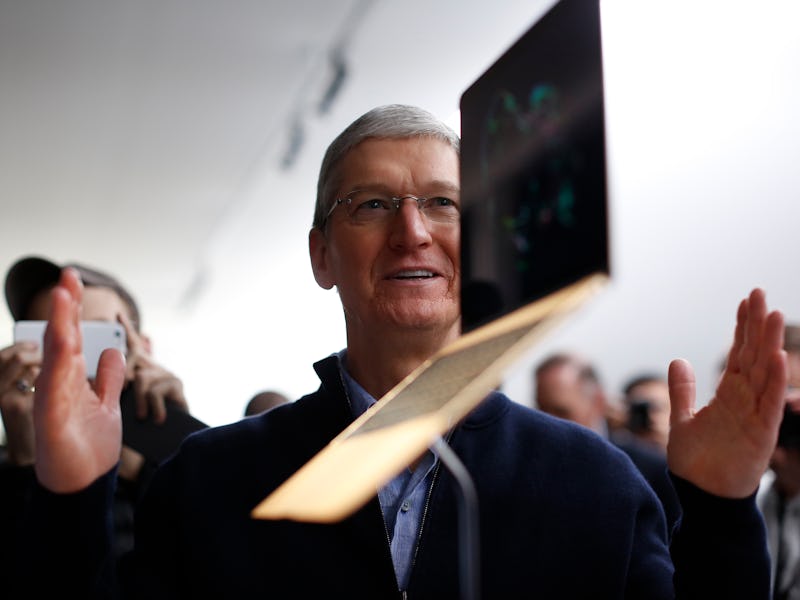Apple's Latest Purchase Hints at MacBook's Wireless Charging Future
PowerbyProxi has joined the Cupertino team.

Apple has purchased a New Zealand-based wireless charging firm, and its speciality makes it perfect for extending the feature to larger products like Apple’s MacBook line. PowerbyProxi offers a range of charging pad solutions, some of which can transfer up to 150 watts and provide energy to large machinery.
“We want to bring truly effortless charging to more places and more customers around the world,” Apple senior vice president of hardware engineering Dan Riccio told Stuff.co.nz on Wednesday, who said PowerbyProxi would be “a great addition as Apple works to create a wireless future.”
It’s a big step for Apple, which until this month did not sell any iPhones that supported wireless charging. With the release of the iPhone 8 and 8 Plus, and the upcoming iPhone X launch, the company has gone all-in with the Qi standard.
PowerbyProxi, formed in 2007 as a spin-off from the University of Auckland’s work, could enable Apple to extend its wireless charging offerings to larger products that require more power, like its MacBook line. The bundled iPhone wall charger provides around five watts of power, which means that today’s chargers from the likes of Belkin and Mophie can charge up the iPhone 8’s 6.96 watt-hour battery in a respectable amount of time. But the 15-inch MacBook Pro, for example, comes with an 87 watt charger to charge up a 76 watt-hour battery, making standard wireless chargers far less suitable.
The AirPower mat.
Alongside larger devices, PowerbyProxi’s pads could also allow several devices to charge at once. Apple has already announced plans to release the AirPower charging mat next spring, which uses an extension of the Qi standard to charge up to three devices at once.
“When you get into multiple device charging [Qi] starts to get attractive,” Jake Saunders, Asia Pacific vice president of ABI Research, told Reuters in a Wednesday story.
Although Apple only joined the Qi standards body in February, it’s made some big moves in that time. The AirPower standards extension will be offered to the body for inclusion in a future version. This would enable standardized chargers to power up small-size Apple devices like the new AirPods headphones and the series three Apple Watch, both of which charge on the upcoming AirPower mat but not on other Qi chargers. With its PowerbyProxi acquisition, it seems Apple isn’t quite done in its bid to change how we charge.
If you liked this article, check out this video a ball that can wirelessly charge your phone from up to 20 inches away.